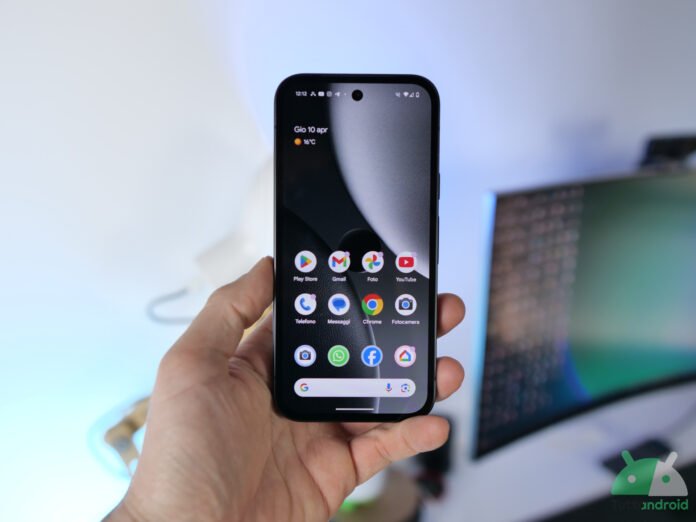In a digital panorama in which the use of the smartphone has become essential for any type of daily operation, from payment of coffee to access to banking services, the safety of mobile devices is now an absolute priority and, precisely in this direction, Google is moving, which is introducing one New and important security policy linked to updates of the Android operating system.
As recently emerged, the Mountain View giant would have decided to strengthen security checks for some more sensitive categories of apps, such as banking, financial and corporate apps, imposing a condition that could have a strong impact on users who use less recent versions of the Android operating system.
The security patches will be needed to use banking apps on the smartphone, the word of Google
It seems that Google is implementing a control that It requires that the operating system has received at least one security update in the last 12 months, for devices equipped with Android 13 or later versionsunder penalty of blocking some critical features in the higher risk apps.
We are talking, just to give some examples, the blocking of money transfer or complete access to functionality of banking apps, financial managers or corporate software.
The message that Google wants to give is clear, If your smartphone is not updated, some sensitive actions may simply not work anymoreand it is easy to imagine how this move is aimed at discouraging the use of obsolete devices for potentially at risk activities.
Here comes the crucial node of the entire issue, according to the most recent data about 200 million active Android devices still use Android 12 or 12L, versions that have officially reached the end of their life cycle; This means that these devices no longer receive security patches from Google and the producers will hardly fill the void (net of some rare exceptions).
In other words, A third of the Android smartphones active in the world is now devoid of updated protectioncircumstance that makes millions of users vulnerable to possible IT attacks; Malware, theft of credentials, unwanted access, the risks are well known and all too real.
But why would Google decided to preclude the use of particular types of applications? Obviously why These software are the most profitable target for computer criminalsa security flaw in an unaware of device can open the door to spyware, keyoggers or banking trojans capable of intercepting sensitive data or even starting fraudulent transactions with the user’s knowledge.
The Mountain View company is well aware of all this and, through these new checks, it wants to raise the bar of safety by establishing a minimum requirement (update within 12 months) to ensure the reliability of the most delicate apps.
So how should users behave? If you have a recent device, the advice is obviously to check the availability of new security updates, following the path Settings -> System -> Software Update (or the like).
Those who are blocked on Android 12 or previous versions are located in front of a crossroads: continue using the device at their own risk, or evaluate the purchase of a new smartphone; A not indifferent expense, of course, but which can make the difference between the security of one’s bank data and the concrete risk of digital thefts.
It is good to underline that some producers, such as Google itself with pixels, or Samsung with high -end Galaxy, now offer up to 7 years of updates, an advantage that begins to become strategic in choosing a new device; It is not just a matter of news or advanced features, it is a question of personal security.
This new Google policy marks an important turning point in the Android security approach, it is no longer enough to have a phone with a recent version of the operating system, you must also keep it updated over time; The monthly security patches, often underestimated by users, are the digital equivalent of changing the locks of your home after an attempt for effort.
For many users, especially those fond of old models or linked by economic constraints, this change represents a concrete challenge, but also an opportunity to reconsider your digital habits. The era of the “I use it as long as it works“It could really be over, at least for those who intend to use their smartphone for banking or professional operations.
Even if your old smartphone is still in perfect shape, it may no longer be quite safe and, considering that in addition to privacy your savings are at stake, it could be worth thinking twice.

